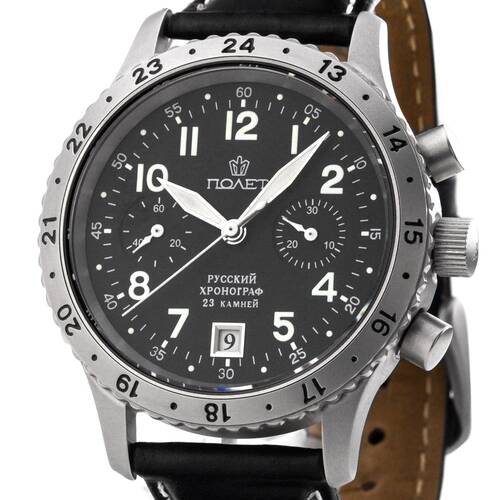Stainless Steel
In metallurgy, stainless steel, also known as inox steel or inox from French inoxydable, is a steel alloy with a minimum of 10.5% chromium content by mass.
Stainless steel does not readily corrode, rust or stain with water as ordinary steel does. However, it is not fully stain-proof in low-oxygen, high-salinity, or poor air-circulation environments. There are different grades and surface finishes of stainless steel to suit the environment the alloy must endure.
Stainless steel is used where both the properties of steel and corrosion resistance are required. There are different types of stainless steels: when nickel is added, for instance, the austenite structure of iron is stabilized. This crystal structure makes such steels virtually non-magnetic and less brittle at low temperatures. For greater hardness and strength, more carbon is added. With proper heat treatment, these steels are used for such products as razor blades, cutlery, and tools.
Source: Wikipedia
Stainless steel does not readily corrode, rust or stain with water as ordinary steel does. However, it is not fully stain-proof in low-oxygen, high-salinity, or poor air-circulation environments. There are different grades and surface finishes of stainless steel to suit the environment the alloy must endure.
Stainless steel is used where both the properties of steel and corrosion resistance are required. There are different types of stainless steels: when nickel is added, for instance, the austenite structure of iron is stabilized. This crystal structure makes such steels virtually non-magnetic and less brittle at low temperatures. For greater hardness and strength, more carbon is added. With proper heat treatment, these steels are used for such products as razor blades, cutlery, and tools.
Source: Wikipedia
Page 1 of 1
Items 1 - 2 of 2

Poljot 3133 COMBAT mechanischer Chronograph russische Uhr Leuchtzifferblatt NOS
Now only
€ 359,04 *

 German
German Italian
Italian French
French Spanish
Spanish

